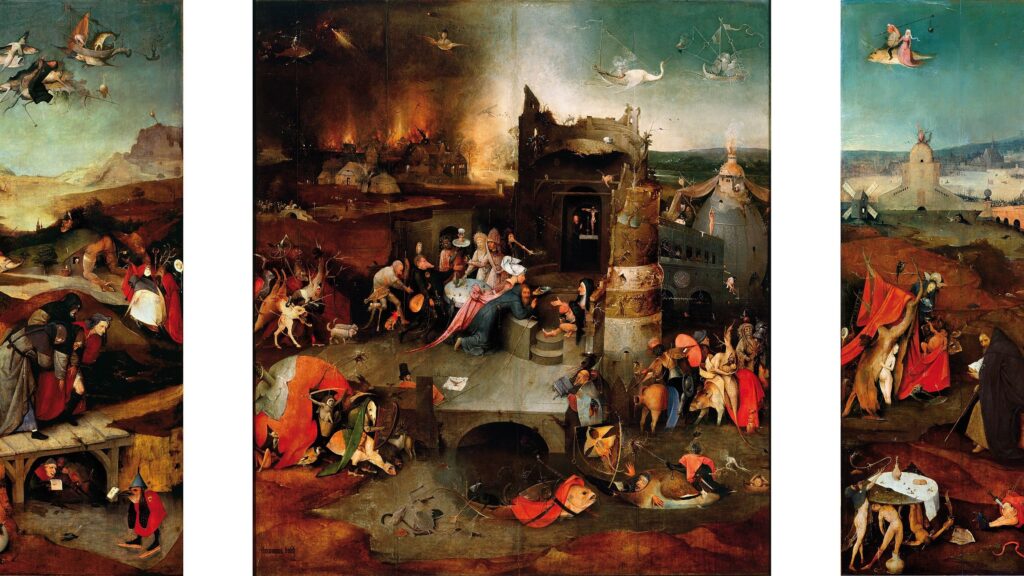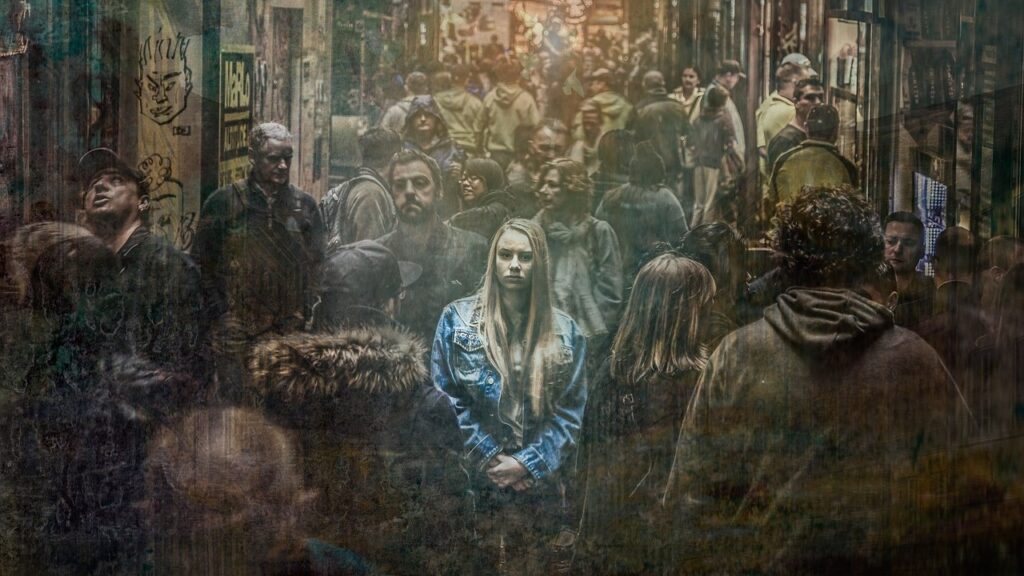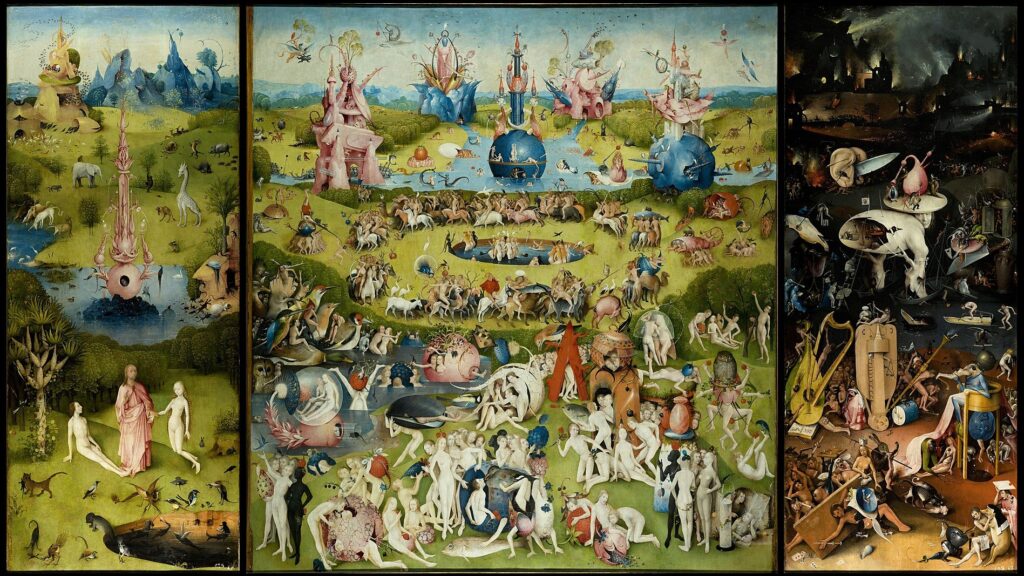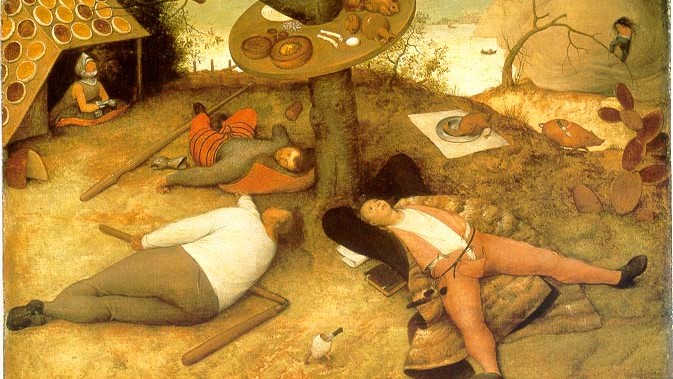
‘…without intellectual and political leaders who are able and daring enough to go beyond the surface-level symptoms of the infocracy, our capacity to reform society and adapt to a post-infocratic world becomes increasingly limited. It would be like fighting the weather: we might cool our houses with air conditioning, but we cannot stop the heat from entering in the first place.’

‘As conservatives, we understand that the world is a broken and imperfect historical place. We cannot go back in time, but we can focus on building a future that is more conscious of the dangers posed by the neo-Durkheimian order to local conservatism. To protect local conservatism and nourish its telos, we must argue for the restoration of national sovereignty…’

‘New elections are expected later this year, and the Dutch right faces a painful dilemma. On one hand, there is a clear need for change: uncontrolled immigration, extreme climate policies, and growing EU interference are major concerns. On the other hand, the right still lacks the organization, leadership, and infrastructure to deliver that change.’

‘Whereas in pre-modern Western culture pride and self-respect were derived from involvement in family, community, work and religion, individuals are nowadays left with nothing but their individualism and inner experiences…When this is insufficient, many people attempt to find their salvation…in materialism and consumption, which have become the primary culturally accepted forms of meaning.’

‘As modern consumer society has made consumption the root of identity, man has become a prisoner of the constant renewal of consumer demands…Contrary to early capitalist societies, people have completely reduced themselves to the self-as-consumer. The short excitement that accompanies consumption is all that modern man has left.’

‘To maintain social order, legitimate authority needs to be guarded so that popular sovereignty cannot derail in a popularity contest, which we witness today, for example in the American elections. It means that our leaders need to be honest about the human condition as well as provide a stability in which each person, in line with their talents and destiny, can thrive.‘

‘To invite Gen Z to take responsibility over their own lives, is to be able to transcend our own shadow. Providing Gen Z with a meaningful life means living one ourselves. To invest in family and community. To have transcendence in abundance, instead of merely material goods. Where there is hope, instead of simple bashing those who are aimless or confused, Gen Z, like previous generations, can rise like a phoenix from its post-romantic ashes.’

‘It might not be as explicitly visible as substance abuse, but below the surface, we are all struggling with our own imperfection and “sinfulness”. We all let our subjective anxiety overwhelm us and tempt us into a destructive state. Kierkegaard perfectly described how we fall for this anxiety: “Anxiety may be compared with dizziness. He whose eye happens to look down into the yawning abyss becomes dizzy.”’

‘In today’s culture, one has to explain how the modern existential paradigm does not hold the truth to sustain a prosperous life or society. With radical and individualistic generations being raised, nothing is more effective than to point out how existential nihilism does not bring happiness, meaning or prosperity. Cheap surface moralism should therefore be replaced by a transcendental framework of meaning and purpose.’

‘The doubtful mind has been persuasive and embedded in modern Western culture. Therefore, it is important to understand the underlying psychological falsehood. Radical doubt only works as an abstract confusion which paralyses people into a void of distress. Additionally, doubt enhances the inability to make decisions and take responsibility for your actions. To be in a state of the doubtful mind, is to be in a state of looking back.’

‘The flaw in the progressive hyper focus on moral rights is that it removes the ability of reality testing outside the subjective experience. Therefore, it feeds our narcissistic tendencies, which in turn enhances destructive behaviour, anxiety, depression, and above all, undermines mental resilience. Psychologically speaking, focusing only on our moral beliefs gives rise to many problems. First and foremost, human identity can only be stable if it is embedded in an external world.’

‘A radical paradigm shift is required in which mental suffering is understood not in isolation, but in relation to consuming and depriving human existence of its roots: family, community, and a transcendental orientation. Only then can Hungarian society, as well as the West as a whole, like a reemerging forest, rediscover itself and create a society based on human flourishing instead of technological determinism; a society full of mentally resilient people with meaningful lives.’

‘Instead of alienating modern man and calling him weak, conservatives should put forward mankind’s greatest treasure: a transcendental focus towards meaning. Only then can this time of polarisation and erosion of mental resilience, social cohesion and institutions be turned into a renaissance of society.’